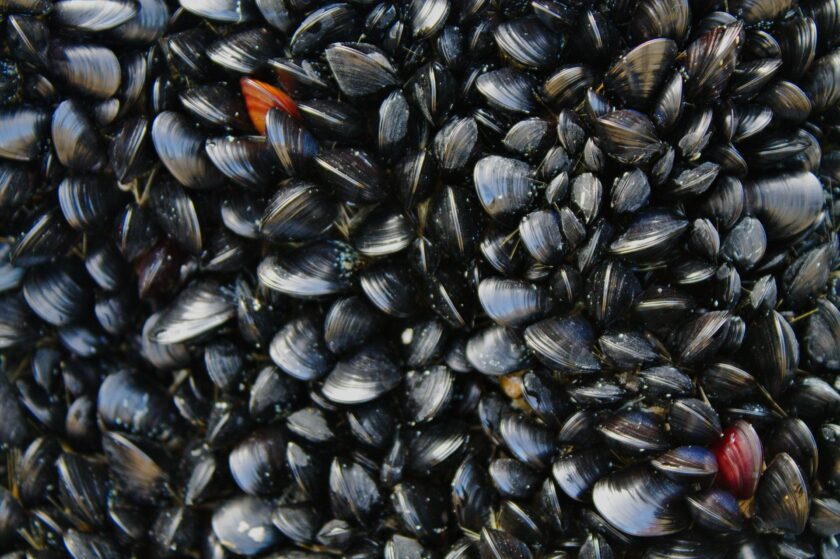Mussels could play key role in microplastic cleanup
Mussels are known as “filter feeders”. Like a small living pump, these mollusks get their food by filtering seawater to get plankton and other nutrients from the ocean. The water they draw from one side is used to absorb food, and they flush out unwanted particles – such as microplastics – from the other side. Microplastics are tiny fibres and particles made from non-biodegradable material common in seas and harming our ecosystem. With this in mind, scientists at Plymouth Marine Laboratory (PML) have begun a series of experiments of a unique microplastic clean-up method using mussels as natural filtration systems. The scientists began their tests on how effective mussels are at filtering microplastics from seawater using a custom-designed flume tank. The experiments showed that a group of 300 mussels could filter out over 250,000 plastics in an hour. According to PML scientists, plastics are unlikely to cause harm to the mussels. The experiments confirmed that blue mussels (Mytilus edulis) reject the microplastics and are expelled as faecal matter. “The trials so far have been extremely promising, and we’re very excited about the positive impact systems like these could potentially have on estuarine areas, particularly in places where microplastics might accumulate such as marinas, harbours or near wastewater treatment works,” said Professor Pennie Lindeque, head of science, marine ecology and biodiversity. Each year, an estimated 8 million tonnes of plastic end up in the ocean – equivalent to a full truckload disposed into the sea each minute. So the scientists said that they’re encouraged to see a nature-based approach as a solution to a growing threat to our oceans. “With the mussels’ highly evolved filtration system, they effectively collect up and leave the recycling out for us to dispose of. It’s amazing to consider how far we could take this,” Lindeque added.



